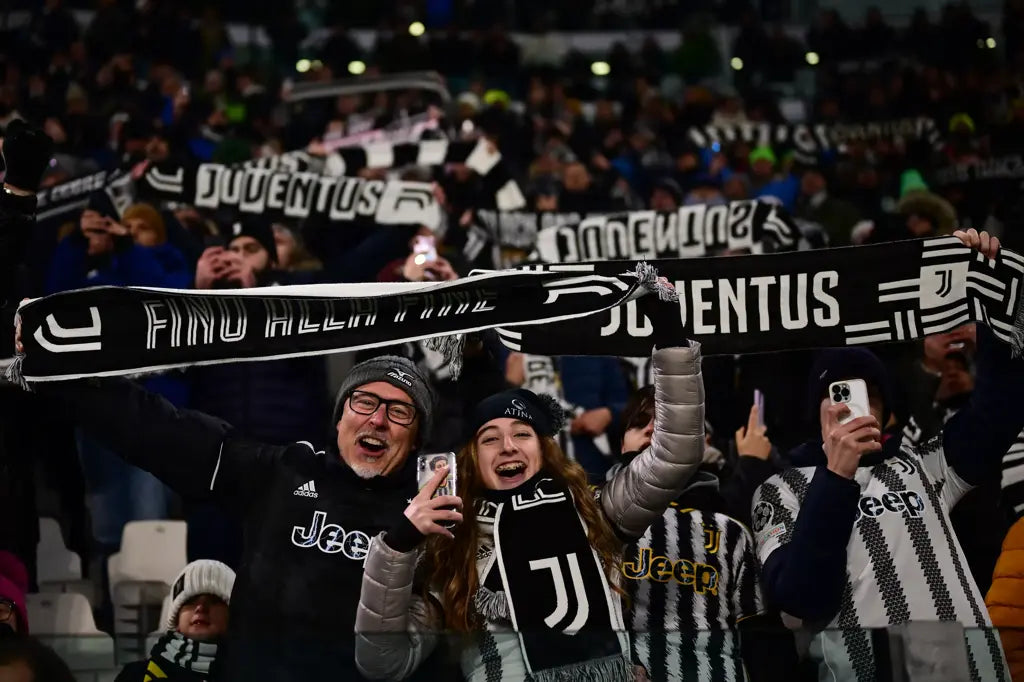At IvyRobes, we’ve always believed that sport and spirituality share a sacred bond—a moment of collective exaltation where stadiums transform into modern-day sanctuaries. The FIFA Club World Cup, pitting continental champions against each other, is a celebration of that ethos: a testament to faith, passion, and the universal language of football.
From Humble Beginnings to Global Pilgrimage
Though clubs have vied for a “world title” since Sir Thomas Lipton’s amateur tournament in Italy (1909 and 1911) —where West Auckland, an English side, amazed onlookers twice over —FIFA’s own version arrived later. In January 2000, Brazil hosted the first FIFA Club World Championship. Corinthians and Vasco da Gama battled to a goalless draw at Rio’s Maracanã before Corinthians lifted the trophy 4–3 in a dramatic penalty shootout—a baptism by fire for what would become football’s ultimate club pilgrimage.
Trials, Tribulations, and a New Dawn
Financial woes sidelined the competition from 2001 to 2004, but FIFA resurrected it in 2005 by merging the Intercontinental Cup (UEFA vs. CONMEBOL champions) with its own championship. By 2006, the reborn contest officially adopted the name FIFA Club World Cup, offering every confederation’s champion a chance at global glory — and a world champions certificate — under one tournament roof.
A Quadriennial Testament of Faith
Traditionally an annual affair for 18 years, the Club World Cup entered a new era in 2025. Expanded to 32 teams, drawn from six confederations plus the host nation, it now unfolds only once every four years. Eight groups of four vie in round-robin play before the knockout “Revelation Rounds” begin—a structure designed to mirror the universal scale of the men’s World Cup itself.
When Clubs Become Congregations
Every edition births its own legends. In 2016, for instance, Real Madrid’s extra‐time victory over Japan’s Kashima Antlers felt like a sermon in resilience for the 38,000 faithful at Yokohama – a reminder that belief can tip the balance when the whistle blows.
Atlanta: A Cathedral of Lights and Shouts
Fast-forward to June 29, 2025. Under the blazing sun at Mercedes‐Benz Stadium, Paris Saint‐Germain elevated their game into the realm of myth. Joao Neves’ brace, a Tomas Aviles own goal, and Achraf Hakimi’s strike culminated in a 4–0 rout of Inter Miami—Lionel Messi’s fledgling pilgrimage with David Beckham’s MLS side ended abruptly, yet spiritually, the crowd’s chants of “Messi! Messi!” echoed like hymns in the concrete cathedral.
Final Whistle: Faith and Fellowship
Through expansions and revivals, the FIFA Club World Cup endures as both a competition and a cultural ritual. It reminds us that at its core, football is more than goals and glory—it’s a collective act of hope, where every pass and save draws us closer to something transcendent.
Whether you’re gathering in a stadium or streaming from home, keep faith in the beautiful game. At IvyRobes, we believe every match is a sermon, every goal a sacrament, and every fan a disciple of the world’s greatest sport.
Further Reflections:
- How have underdog stories—like TP Mazembe’s shock semi‐final run in 2010—shaped the spiritual narrative of the tournament?
- With the 2029 Club World Cup on the horizon, which rising clubs might craft the next chapter of this ongoing hagiography?
- Could future rule tweaks (e.g., sin‐binning or concussion protocols) become modern parables of player welfare transcending on‐pitch results?
Feel free to share your own “football-and-faith” experiences below—your story could become the next legend in the canon of the Club World Cup.

